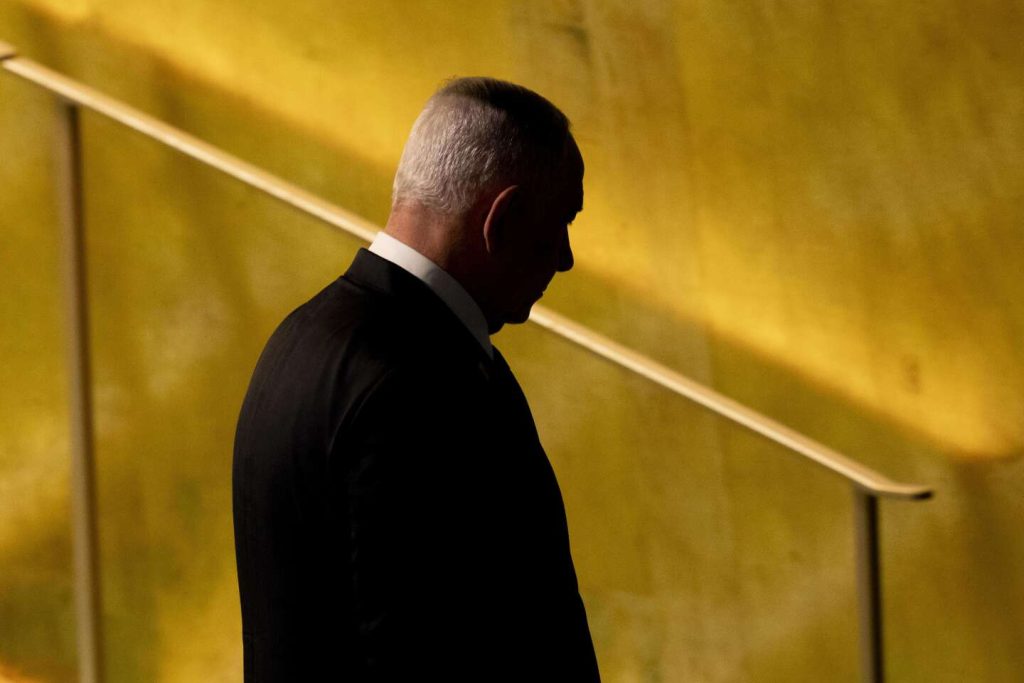Even for a leader who embraces power dynamics in international relations, including with allies, the message conveyed on Saturday, October 5, by Israeli Prime Minister Benjamin Netanyahu to French President Emmanuel Macron stands out. Addressing the “seven fronts” in which he believes his country is involved, from Gaza to Lebanon to Yemen and the West Bank, Netanyahu expressed his frustration by stating, “And yet, President Macron and other Western leaders are now calling for arms embargoes on Israel. (…) Shame on them! (…) Israel will prevail with or without their support. But the shame that is theirs will remain long after this war has been won.”
Earlier on Saturday, French President Macron had stated on France Inter, “I believe that today, the priority is to return to a political solution, to stop supplying arms [to Israel] for the fighting in Gaza.” Following their exchange, Macron reiterated France’s “unwavering” commitment to Israel’s security, while emphasizing the need for a ceasefire in Lebanon, as arms deliveries cannot provide the security expected by Israelis. Netanyahu, on the other hand, expressed his disappointment at the support of Israel’s friends, stating that restrictions imposed are in support of the Iranian axis.
Macron’s mention of stopping arms deliveries brought the question of the war in Gaza, in retaliation for Hamas’ attack on October 7, 2023, to the forefront, amidst recent events such as Israeli bombings in Lebanon and Iranian strikes against Israel. This presidential statement also reflected a sense of weariness and powerlessness towards Israel’s military operations in Gaza over the past year. It may also be seen as a balancing act typical of Macron’s diplomacy, correcting any perception of alignment with Israel against Tehran after the Iranian strikes. In this context, Western countries, including France, continue to urge Netanyahu to show restraint in his response.
The phone call between the two leaders on Sunday afternoon, described as “frank” by the Elysee, demonstrated Macron’s commitment to Israel’s security while highlighting the need for a ceasefire in Lebanon. Netanyahu, on his part, expected more support from Israel’s friends in current circumstances, rather than facing restrictions that he sees as supporting the Iranian “axis of evil.” The ongoing tensions and conflicts in the Middle East have put a strain on international relations, with leaders like Macron and Netanyahu navigating a complex political landscape.
The dynamics between Israel, Iran, and Western countries like France highlight the broader geopolitical challenges facing the region. Macron’s call for a political solution and ceasefires contrasts with Netanyahu’s assertive stance, reflecting differing approaches to conflict resolution. As the situation in the Middle East remains volatile, with ongoing military operations and regional rivalries, the role of global leaders in promoting peace and stability becomes increasingly crucial. The exchange between Macron and Netanyahu underscores the complexities of international diplomacy and the challenges of finding common ground amid competing interests and conflicts.


